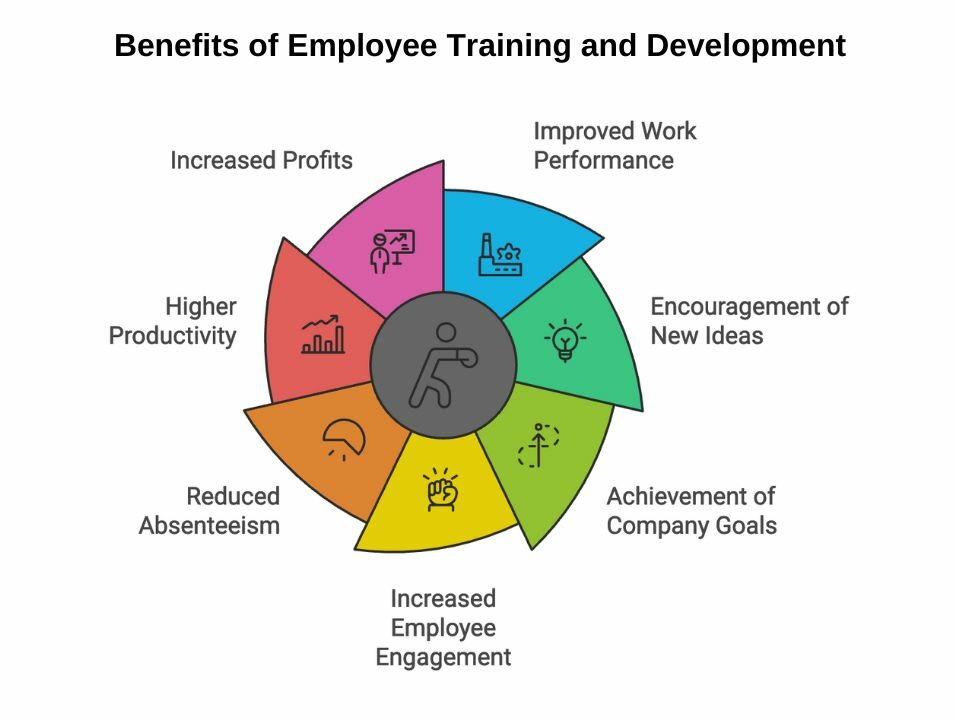Developers Should Never Stop Studying
The software development landscape changes rapidly. What’s cutting-edge today could be outdated tomorrow. New frameworks, languages, and tools emerge constantly, reshaping how developers work. In such a fast-paced environment, one thing is clear: continuous learning isn’t optional—it’s essential.
Why Continuous Learning Matters
The technology industry thrives on innovation, and software development is at its core. Developers who don’t actively expand their skills risk falling behind in a competitive job market. Consider this: a 2023 report by LinkedIn identified continuous learning as one of the most in-demand traits for tech professionals, with 75% of companies prioritising candidates who demonstrate a commitment to growth.
But this isn’t just about employability. Continuous learning empowers developers to solve complex problems, adopt new methodologies, and deliver higher-quality software. From understanding DevOps practices to mastering AI-powered coding tools like GitHub Copilot, keeping up with trends equips developers with the tools they need to stay ahead.
The Tools and Platforms That Support Learning
Fortunately, developers today have access to countless resources that make learning easier and more accessible than ever before. Platforms like Udemy, Coursera, and Pluralsight offer comprehensive courses on everything from React to Kubernetes.
Beyond online courses, hands-on experience remains invaluable. Open-source projects on GitHub offer opportunities to collaborate with other developers while contributing to meaningful software solutions. Conferences like Google I/O and PyCon provide networking and learning opportunities, while hackathons test and refine skills in real-world scenarios.
At DevRoom, we encourage our team to explore these avenues, pairing learning with practical applications to ensure skills stay sharp and up-to-date.

The Benefits of Lifelong Learning for Teams
Continuous learning isn’t just about individual growth—it benefits teams and organisations as well. Developers who regularly expand their skills bring fresh perspectives and ideas to their teams, driving innovation. Teams that prioritise learning can adapt quickly to new challenges, making them more agile and competitive.
Consider the adoption of cloud computing. Ten years ago, most developers were unfamiliar with platforms like AWS or Azure. Today, these are industry standards. Teams that embraced learning early gained a head start, delivering faster, scalable solutions while others struggled to catch up.
At DevRoom, we’ve seen how investing in learning pays off. By encouraging team members to take on certifications, participate in conferences, and explore new technologies, we stay at the forefront of industry trends. This isn’t just good for the team—it’s good for our clients, who rely on us to deliver innovative, high-quality software.
Making Continuous Learning a Habit
So, how can developers incorporate learning into their already busy schedules? The key is consistency. Allocate a set time each week for learning—whether it’s an online course, a coding challenge, or attending a meetup. Break goals into manageable steps, like mastering a single feature of a new framework rather than tackling it all at once.
Engage with the tech community to stay inspired. Platforms like Stack Overflow, tech blogs, and newsletters are excellent ways to keep up with trends without feeling overwhelmed. Remember, learning isn’t a sprint—it’s a marathon. The best developers are those who learn continuously and adapt constantly.
Conclusion
The world of software development never stands still, and neither should developers. Continuous learning is more than just a career strategy—it’s a mindset. It keeps developers relevant, drives innovation, and ensures long-term success in an ever-changing industry.
At DevRoom, we know that great developers are always learning. Whether it’s mastering a new tool or contributing to an open-source project, the drive to grow and improve is what sets the best apart. In software development, your willingness to learn is your greatest asset.
